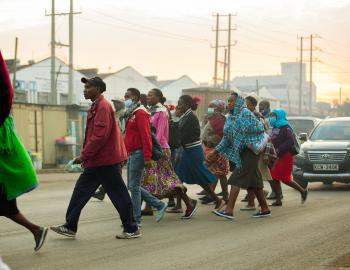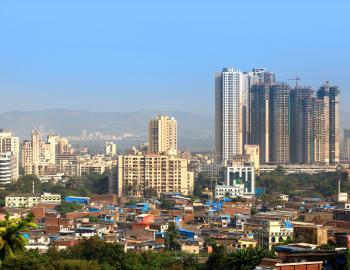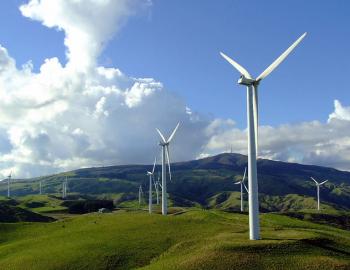GUIDE: The politics of climate change at the city level - Insights from a comparative study of Buenos Aires, São Paulo and Mexico City
GUIDE: The politics of climate change at the city level - Insights from a comparative study of Buenos Aires, São Paulo and Mexico City
This Guide summarises the findings of a CDKN-supported research project by the Fundación Ambiente y Recursos Naturales (FARN, Environment and Natural Resources Foundation), Argentina, into the politics of climate-related decision-making in three Latin American mega-cities: Buenos Aires, São Paulo and Mexico City. The project’s findings provide insights into the dynamics of climate change awareness among the citizenry, and the political pressures on city leaders to take action – or not.
The study found that linking to local issues is a key factor in advancing the climate agenda at the city level. Climate champions play a critical role, mainly in the process of adopting policy commitments, but they are not sufficient on their own for the implementation of the climate agenda. Building broad and enduring political and social support for climate policies helps sustain the implementation of climate commitments beyond electoral cycles and changes in political leadership. However, climate change is still not an electorally salient issue in local democratic politics, nor subject to competition between political parties.
Image: Buenos Aires, Hernan Pinera.



